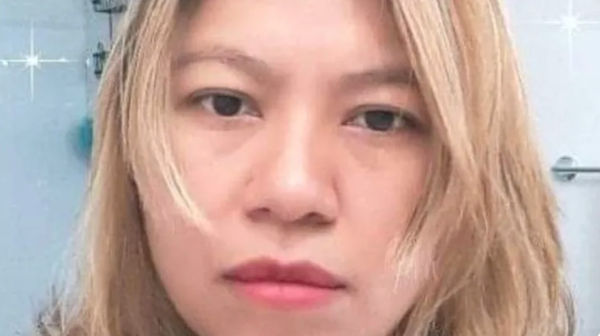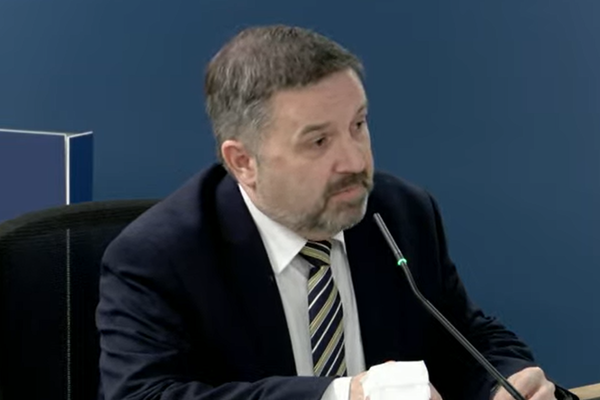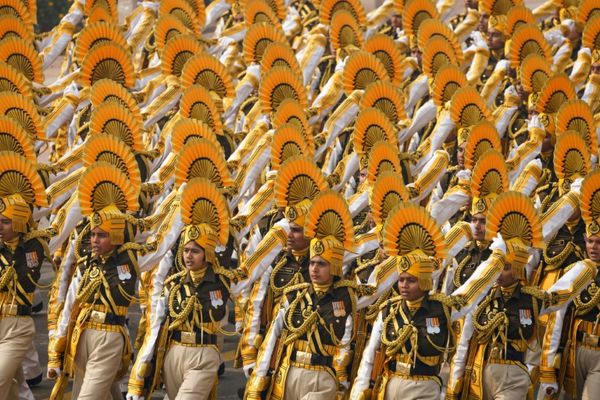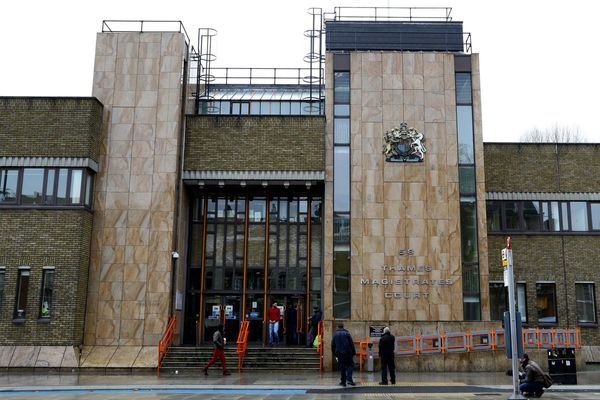
I’m a parent, so people assume I must love children.
But although I love my children, that doesn’t mean that I love all children. Although I assumed I’d end up having kids one day, it wasn’t a deep-seated desire, and I wasn’t particularly interested in children before I had them.
Don’t get me wrong: I don’t root for Chitty Chitty Bang Bang’s child catcher, but there’s a certain taboo around admitting that you don’t particularly care for children, even as you’re expected to agree with their proud parents how cute or talented they are.
Let’s face it, kids can be annoying. A lot of what they prattle on about is boring. The thought of being at another sugar-high children’s party fills me with dread. After years of wiping bums and cleaning up vomit, I’m revolted by the repulsive matter people so small can produce.
Some of the worst people I’ve encountered in my life have been children.
Nobody since school has physically assaulted me the way bullies did, nor called me the racist epithets I was taunted with, nor ostracised me the way I often was. And the people who have hurt my children the most are other children.
Although children are considered epitomes of innocence, they’re not always angelic. Kids can lie and steal, be jealous and irrational, selfish and mean, neurotic and ignorant. Just like the rest of us.
In fact, children weren’t considered “innocent” until the 19th century. They weren’t regarded as distinct from adults until the 18th century. They were considered nuisances to not be seen, much less heard. Growing up, adults were always scolding or correcting us, or telling us to get out of the way and do as we were told. Strangers had no reservations about yelling at – or even smacking – other people’s children.
Now it’s very different – and that’s a good thing. But while I’d be outraged if someone corrected or even smacked my children, I have sometimes secretly thought, as I bit my tongue around some misbehaving kid, that hell is other people’s children.
It’s not just “kids these days”. I’m not that older guy who loses it at crying babies. I remember all too well how mortifying it was trying to comfort a distressed infant as some bloke who’d likely never changed a nappy glowered at me as though it was my fault. And when I see a harried parent struggling with a recalcitrant toddler, I smile sympathetically or try to help distract them.
But equally, thanks to over-sharenting on social media and helicopter parenting, it seems as though children have become the sole focus of many people’s lives. Perhaps it’s because of the way we were raised but I do wonder what happens when those over-involved parents become empty nesters (although given the unaffordability of housing these days, they may never be). What other interests will they have to sustain them? Will they ever be able to truly let go, or to live their own lives?
Still, on our children’s first days of preschool I was terrified, watching other kids careening around the playground. It felt as though we’d let these tender little saplings we’d so carefully tended out into a forest teeming with danger, with nothing to protect them. For the first time in their lives we couldn’t watch out for them, or stop them getting hurt.
When they came home in tears because someone had called them a name, or excluded them from a game, or pushed them over, we’d kiss their bruises and scratches, while muttering curses against that horrible kid.
And it got worse the older they got, as there was less I could do to make it better. “Leave it!” they’d cry. “You’ll only make it worse!”
So although I admit imagining, a bit like the mother in This Is 40, telling those rough kid exactly what I thought of them, I remember – or rather, am reminded – that I’m supposed to be the mature adult.
My now teenage daughters roll their eyes when I mention how much I hated a particularly awful kid at their primary school.
“Dad!” they say. “We were eight! We’ve moved on. You should too.”
They’re right, of course.
I can often explain my own children’s behaviour away, even as I’m sure they have been unkind or thoughtless to others too. Why do I feel those visceral, vengeful feelings about those who have hurt my children when I’ve been able to move on from those – especially former classmates – who have hurt or disappointed me in the past?
Perhaps my loathing of those kids who’ve hurt mine reflects my own frustration that, no matter how much I try, I can never really protect them from the world. Of course they will get hurt but hopefully this will make them stronger. The thought doesn’t lessen my pain about theirs, though.
And of course, there are children I like. Not just because they’re kids, but because they’re smart, funny, kind and as interested in me as I am in them. Just like the adults I like.
And there are kids I know I’ll love just as much as I love my children.
My grandchildren.
• Sunil Badami is a writer, academic and broadcaster







